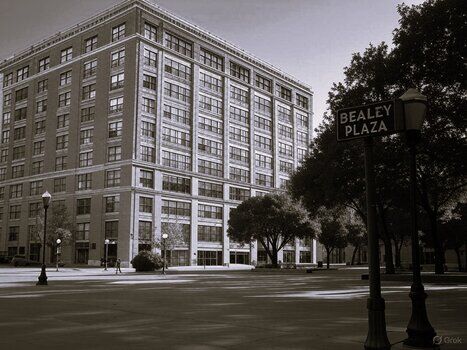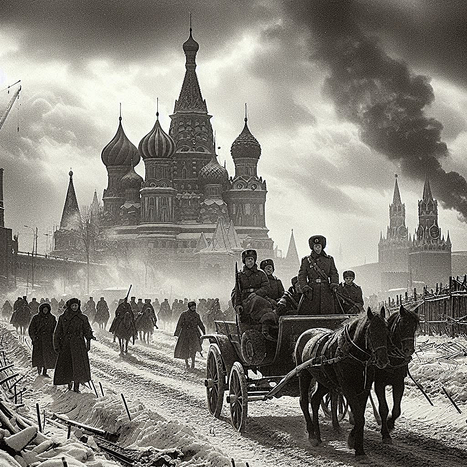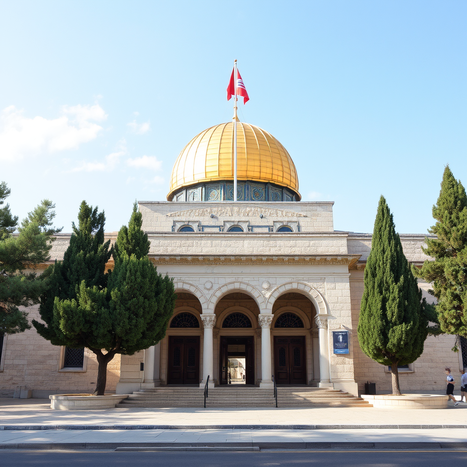
On November 22, 1963, President John F. Kennedy was assassinated while riding in a motorcade through Dealey Plaza in Dallas, Texas. His assassination left a lasting impact on American society, sparking a multitude of conspiracy theories and forever changing the course of history. Here is a very brief look at the main conspiracy theories.

The Highland Clearances represent a significant and tumultuous period in Scottish history, marked by the forced eviction of tenants from their homes in the Highlands and Islands.

The Highland Clearances, was a massive displacement of Gaelic-speaking people from their ancestral lands in Scotland during the late 18th and early 19th centuries. The event was a pivotal moment in Scottish history, marked by mass evictions, forced relocation, and widespread violence.

Review this little-known chapter of history, "Operation Unthinkable", and discover how Churchill's controversial 1945 strategy aimed to counter the new Soviet threat and reshape Europe.

The tale of the first Black samurai is intriguing and significant, intertwining themes of cultural exchange, historical migration, and the complexities of identity. This article delves into the life of Yasuke, a figure who not only broke racial boundaries but also left an indelible mark on Japanese history.

The Holodomor refers to the devastating famine that occurred in Soviet Ukraine from 1932 to 1933, resulting in the deaths of millions of Ukrainians. The famine is widely considered to be a result of the policies implemented by Joseph Stalin and the Soviet government.

Adolf Eichmann, a prominent figure in the Nazi regime, is best known for his role in the organisation of the logistics of the Final Solution. His actions and the subsequent trial that followed his capture have made him a focal point in discussions about the moral and legal implications of obedience to authority. His confession is included in this post.

The Holocaust remains one of the most tragic events in human history, and the responsibility for addressing its consequences has been a significant focus for Germany since the end of World War II. This article explores the financial reparations made by Germany to Holocaust survivors and their families.

In recent years, Germany has continued to address its historical responsibilities regarding Holocaust reparations. As of 2024, the country has announced significant financial commitments to support Holocaust survivors globally. This article explores the details surrounding these payments, their implications, and the broader context of reparations.

The Holocaust, a period during World War II marked by the systematic extermination of six million Jews and millions of others by the Nazi regime, has left a profound impact on history. In the aftermath of this atrocity, Germany has taken various steps towards making reparations to the victims and their descendants.

The issue of Germany's reparations after World War II is complex and has evolved over several decades. Understanding when and how Germany completed its reparations payments requires examining the historical context, agreements made, and the eventual resolution of these financial obligations.

Based on the Yalta Conference during World War II, it was decided that no money would be paid as reparations to Allied countries (although this rule was not followed in later agreements). Instead, a significant portion of the value transferred involved German industrial assets and forced labour given to the Allies.

